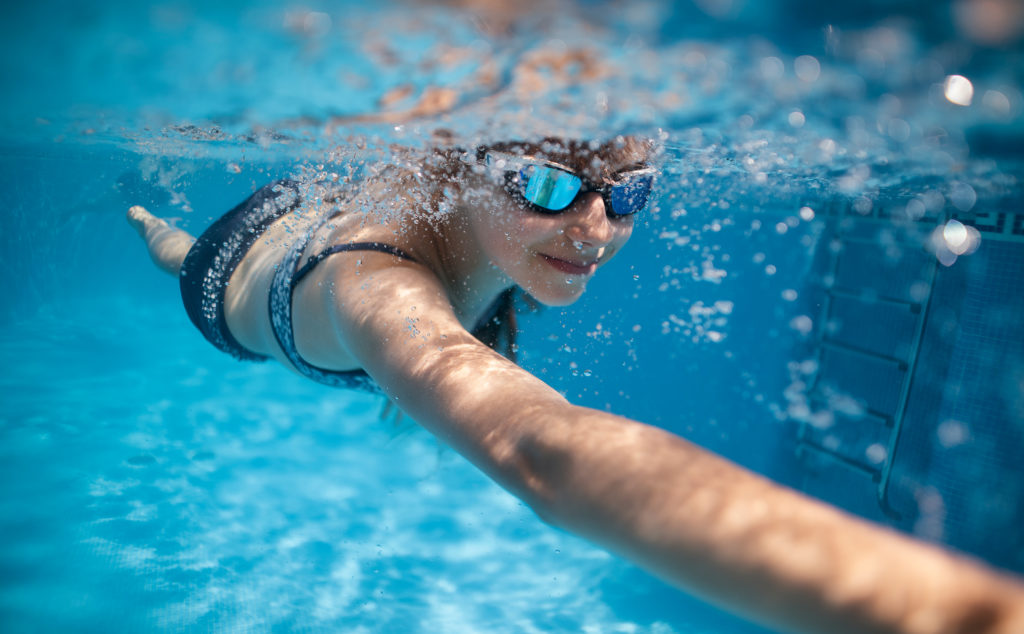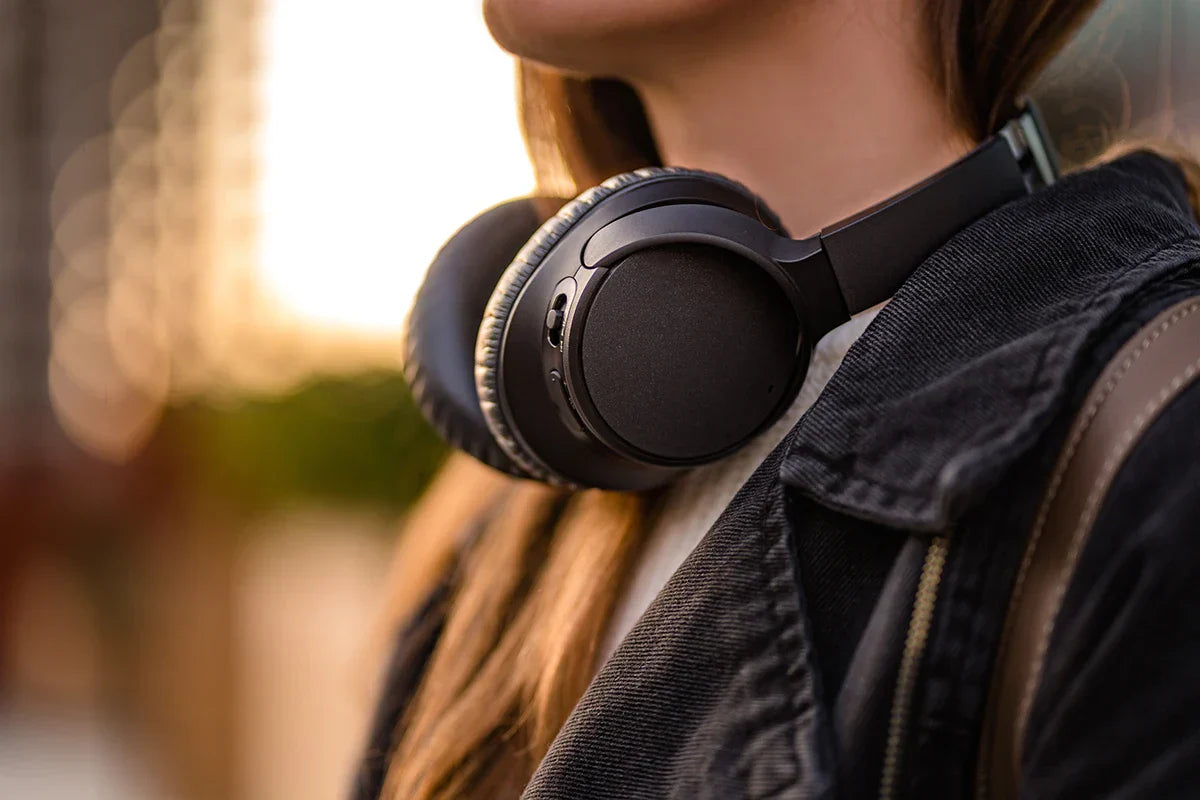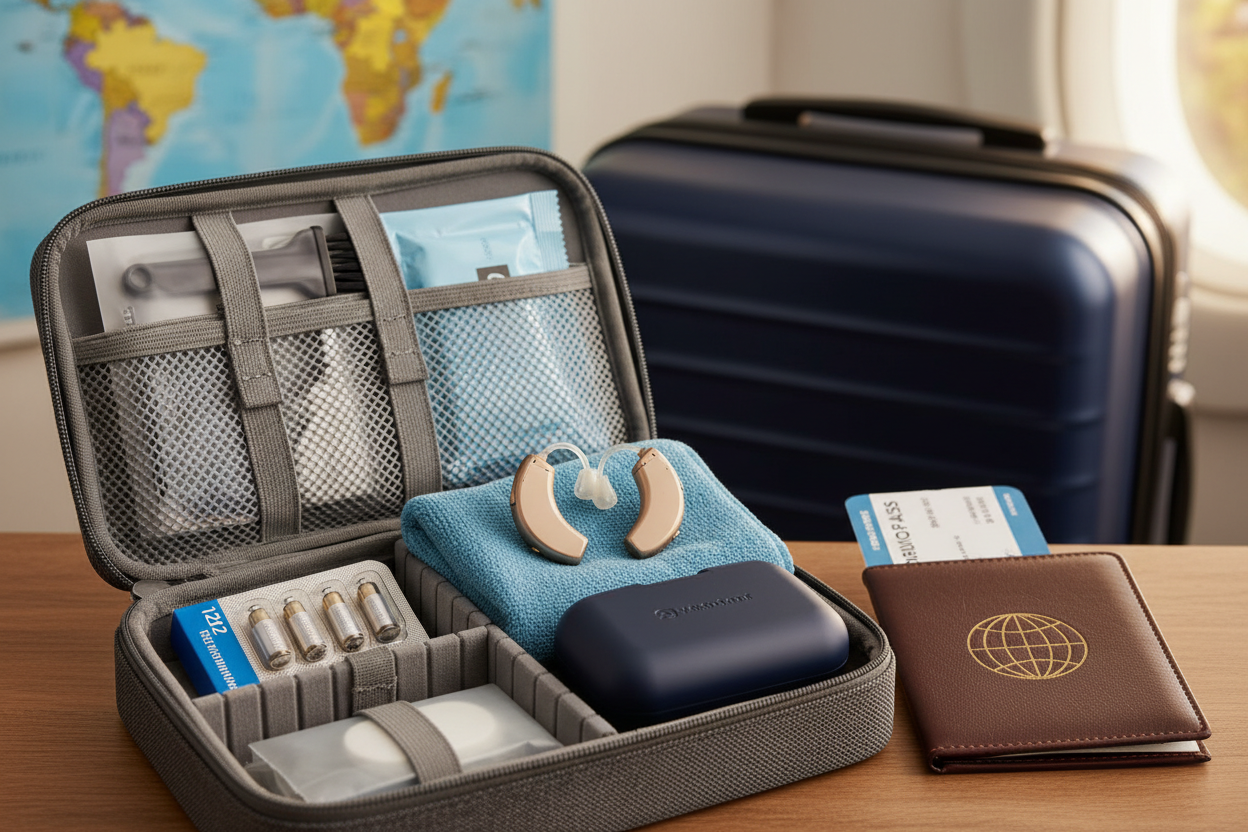What does “waterproof” vs “water-resistant” mean for hearing aids?
Short answer: Most hearing aids are water-resistant, but very few are truly waterproof.
- Water resistance means the device can handle light moisture—sweat, rain, or occasional splashes.
- Waterproof, in this context, means it has been built to a high standard (measured by IP ratings) that may allow for short submersion. But even waterproof hearing aids come with limits.
- Always check the manufacturer’s specifications (look for the Ingress Protection or IP rating). The second digit in “IP-X_” tells how well it is protected against water.
Can I shower wearing hearing aids?
Yes, but with caution—and only if your device supports it.
- Hearing aids with high water resistance (e.g. IP67 or IP68) are more likely to survive brief exposure to water like showers.
- Even with a good IP rating, prolonged exposure to warm, soapy or steamy water can penetrate seals or tiny gaps and damage internal electronics.
- Water pressure, heat, and exposure to soaps/chemicals degrade materials over time. So even devices designed to resist moisture benefit from extra care.
What about swimming?
Generally, swimming with hearing aids is not recommended, even if they are “waterproof” by rating.
- The risk is much higher: full immersion, water pressure, chlorinated or salt water, etc., all add stress beyond what many IP-ratings account for.
- Some waterproof hearing aids are rated to survive being submerged to certain depths for a limited time (e.g. 1 meter for 30 minutes) under very controlled conditions. But swimming (especially in deep or moving water) is often beyond those conditions.
- Also, hearing aid shape/design may make them more likely to slip off while swimming.
What to check before you decide
| What to check | Why it matters |
|---|---|
| IP rating (especially second digit) | Determines how much water exposure it can handle. IP68 is among the best. |
| Manufacturer’s usage guidelines | Some “waterproof” hearing aids explicitly still advise to avoid swimming. |
| Warranty / damage coverage | If water damage isn’t covered, an accident could cost a lot. |
| Seal quality, design | Comfort, tightness, how the battery/charging port is protected. |
| After-care | Drying tools, dehumidifiers, etc. Helps prolong lifespan. |
What you should do if your hearing aids get wet
- Turn them off (if possible) and remove from ears.
- Remove batteries or open battery compartment, so moisture can escape.
- Dry gently with a soft cloth; avoid heat (no hair-dryers, ovens, etc.).
- Use a hearing-aid dehumidifier or moisture-absorbing pack overnight.
- If performance is affected (distortion, reduced volume, odd sounds), see a professional for inspection.
Practical advice: Better safe than sorry
- If you know you’ll be swimming or there’s heavy exposure to water, have a backup hearing aid or consider ear protection (swim caps, waterproof covers).
- Avoid soaps, shampoos, or chemicals lingering on the hearing aid—rinse, dry carefully.
- Use storage cases with drying packs; avoid storing in humid bathrooms.
FAQ
Q: Can I wear hearing aids in a bathtub, tub bath, or hot tub?
A: Probably not recommended, especially hot tubs. Temperature, chemicals, and prolonged exposure increase risk.
Q: Is IP68 enough to swim?
A: IP68 is good, but it doesn’t always mean safe for all swimming. Check depth limit, time of immersion, and whether conditions (salt water, chlorinated water, waves) exceed manufacturer specs.
Q: Are there any hearing aids designed specifically for swimming?
A: There are some models and accessories that are more water-resistant, but hearing aids made exclusively for full swimming usage are rare. Many users rely on sport ear molds or separate waterproof cases.
Summary
- Most hearing aids are water-resistant, not fully waterproof.
- Showering may be okay with a high IP rating, but it's still risky if exposure is frequent or harsh.
- Swimming is much more likely to damage even high IP-rated hearing aids—best avoided unless specifically designed.
- Always check the specs, follow care instructions, and take preventive steps.






分享:
Rechargeable vs Disposable: Which Hearing Aid Batteries Work Best?
How Do I Keep My Hearing Aids from Falling Out During Sports?